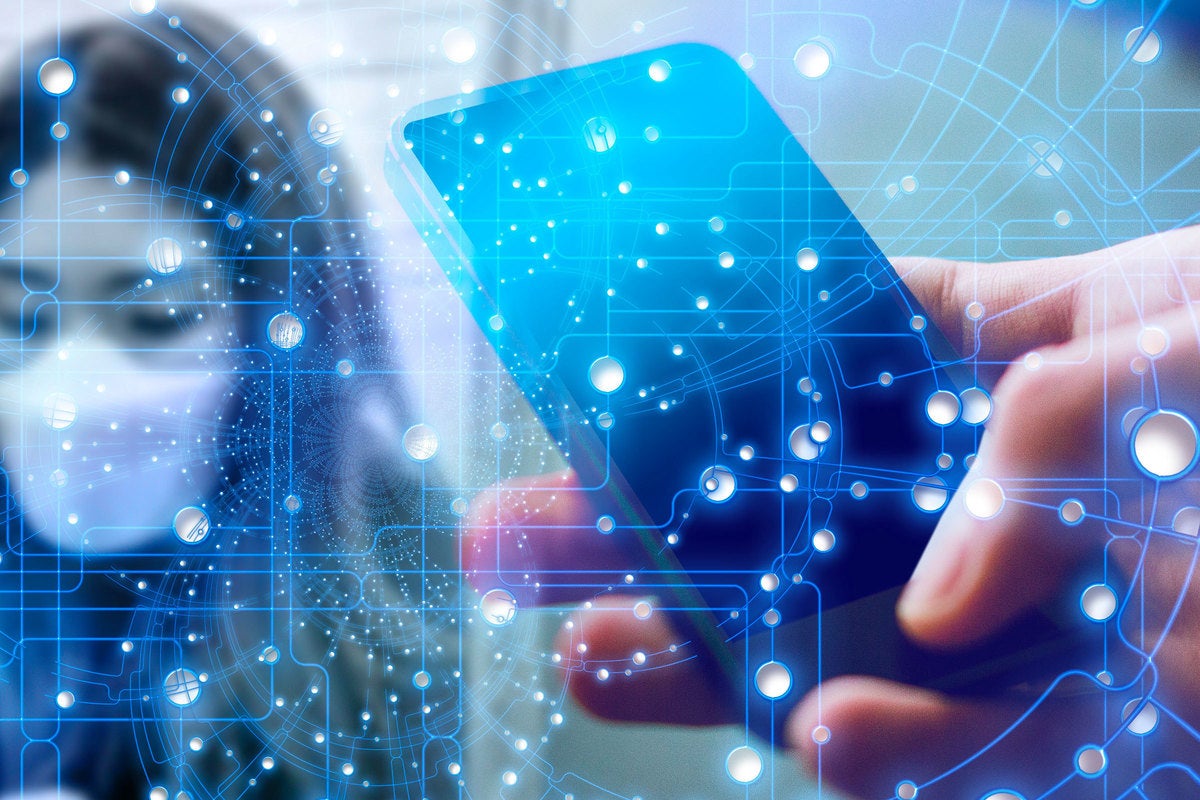
The developers behind Gauss Surgical’s life-saving Apple Design Award winning Triton Sponge solution have turned their attention to COVID-19, introducing an iPhone-based testing solution that helps reduce risk and speed up the testing process.
Apollo, an app for COVID-19 testing and research
I spoke with Gauss CEO Siddarth Satish over the weekend. He discussed what he found during a day spent at a COVID-19 testing center.
He found the current testing process to be heavily paper-based, and observed that this exposes testers to potential risks as they interact closely with people during the tests – not least during the testing itself.
Given that the advice is to maintain two-meter distance from others and try to avoid spending too much time in proximity to others, he was concerned to find frontline testing staff could be spending as much as 15-minutes an hour closely interacting with others.
He felt the risk of contagion for all parties could be minimized by reducing the amount of contact time between tested and tester. Since then, Satish has pulled many late nights as he and his teams attempted to pull together a solution.
“We embarked on Apollo because we felt strongly that our expertise in clinical-grade digital decision-support tools enables us to build a valuable tool for screening and triage of COVID-19,” he said.
Satish teamed up with Evive.Care, a national database of COVID-19 test centers to develop the app, which includes Stanford Medicine’s Apollo COVID-19 Screening Survey (the Apollo Study). Gauss is among a large group of Stanford alumni, scientists, and physicians participating in the StartX Med COVID-19 Task Force.
How Apollo works
-
Features
Apollo integrates tools that work across the current testing process:
- Self-testing diagnostic checks based on CDC guidelines, which helps users figure out if they are eligible for testing.
- A tool that locates your closest available testing center on a map.
- Tools for testers. Frontline health workers can scan the data through car windows.
- Tools for communication between tester and tested.
At its very simplest, Apollo is designed so a person can analyze their symptoms and if necessary, drive to their closest testing center.
-
Speeding up testing procedures
It is once a patient reaches testing that Apollo makes the biggest difference.
The self-diagnostic checks the potential patient has already transacted are made available via the app to the testing agent, reducing duplication of the same process. This data is made available in the form of a QR code (the “Apollo Pass”) on the screen of the patient’s iPhone, which is read by the equivalent app on the tester’s smartphone.
Cutting contact, speeding testing
The electronic procedure means patients can share their information while the car windows remain shut, minimizing contact time with the tester. It automates the manual, time-consuming paper-based process, which includes around four pages of questions.
The tester can review this information and then call the patient using smartphones to direct them to the test sample collection point.
Once the test is complete and patient sample collected, the tester adds the kit to Apollo and sends the sample to test. Results can be quickly shared once the procedure is complete.
While the iPhone can’t (yet) check for COVID-19 symptoms (though watch this space), the app optimizes existing testing procedures by eliminating paperwork, reducing the need for direct contact between patients and staff.
This also helps reduce use of precious PPE resources.
The app does not store personally identifying information and health workers must register with a hospital- or government-issued email address to use the app as a provider.
What is the Apollo Study?
Stanford Medicine’s Apollo Study is built into the Apollo app. It is designed to gather data in order to provide insight into the prevalence and characteristics of COVID-19.
The goal is to better understand the impact of COVID-19 on all aspects of life including symptoms and how the pandemic has affected individuals and their entire households.
“We want to learn how people are dealing with the COVID-19 pandemic in terms of the impact on their lives,” said Melissa Bondy, PhD, professor and chair of epidemiology and population health, who led the team developing the survey. “We don’t know how many will complete it, but we hope thousands will soon be filling it in.”
Up next: iPhone diagnosis?
Mobile devices are already becoming essential tools in the fight back against COVID-19. Apple and Google are working together to develop contact tracing tools to help in the battle against the disease. In some nations, members of the public seek and carry permission to go outdoors in locked down areas using their device. Today, news of the new Apollo app should help accelerate the testing process.
It won’t stop there.
I’m in no doubt at all that some of the finest minds in digital health are exploring the entire testing ecosystem in order to identify other ways in which mobile devices may help fight back against the pandemic.
In the short term, these will likely extend to making the entire process more efficient, while in the slightly longer term we can easily imagine use of AI, machine imaging and wearable technologies (such as an Apple Watch) to deliver early warning of potential diseases symptoms.
Data analytics will also come into play, working to identify at risk communities, supply chain risk, and more.
Please follow me on Twitter, or join me in the AppleHolic’s bar & grill and Apple Discussions groups on MeWe.


